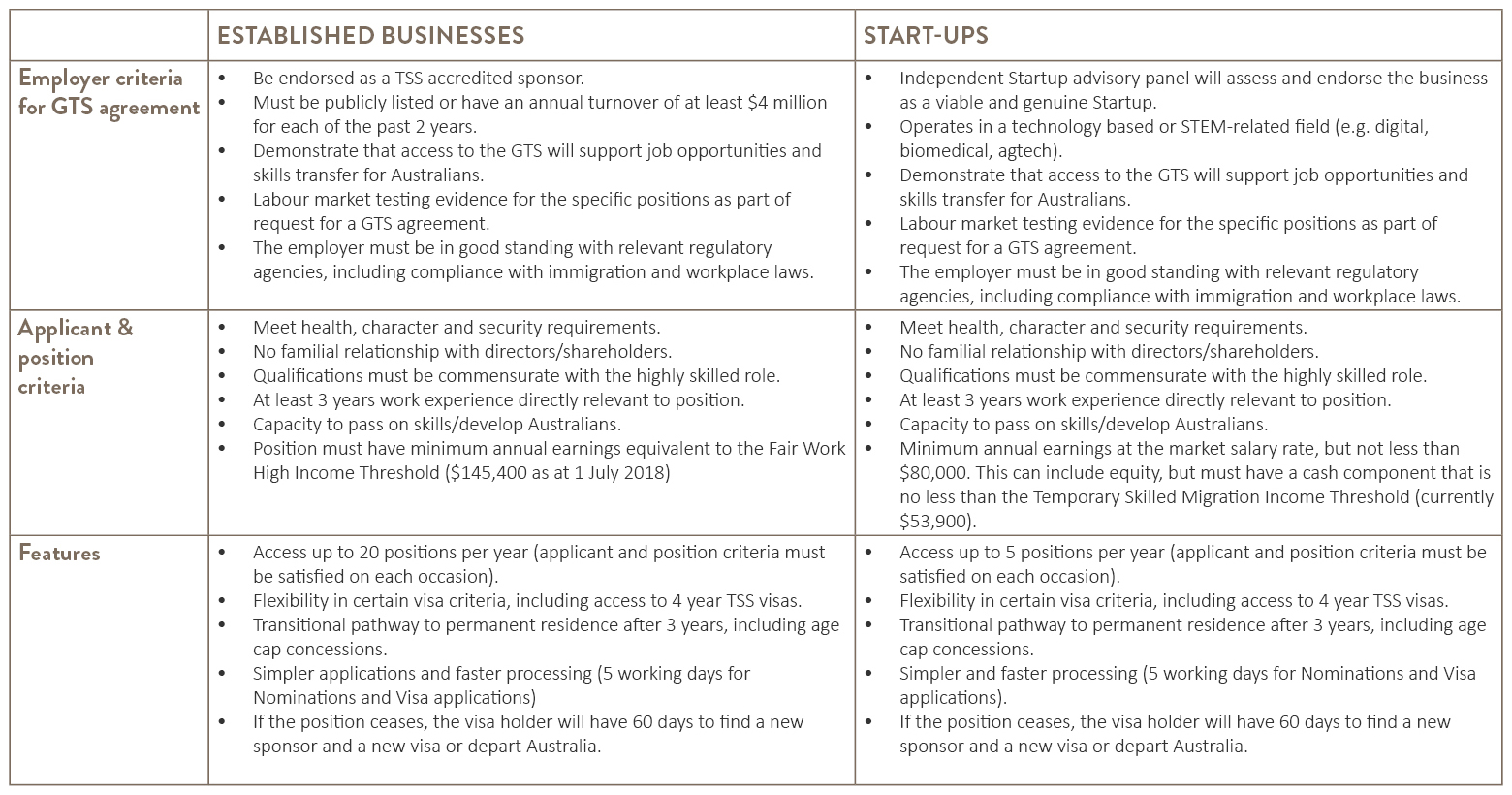Public Interest Criterion 4020 (‘PIC 4020’) is an important requirement to be aware of and relates to the entire visa program.
PIC 4020 allows the Department of Home Affairs to refuse a visa application if it is determined that:
- Bogus documents have been presented;
- False or misleading information (including concealing information) has been provided; and/or
- The Department is not satisfied of the applicant’s identity.
This may relate to an application that is currently under processing, or a visa held in the 12 months prior to lodging the application. This criterion is intended to increase the level of integrity in visa applications by providing a disincentive to applicants considering holding back information or providing false documents and/or false information.
A common example where PIC 4020 may arise is where an applicant has not disclosed a prior conviction or offence as part of their previous visa application (e.g. an application for a 482 TSS visa or a Working Holiday visa) and then is required to provide police checks for their new temporary visa application or permanent residence application.
If a visa is refused because of PIC 4020, applicants are then unable to apply for another visa for at least 3 years (10 years if the refusal is on the basis of identity). There is the ability to seek a waiver, however, the threshold is high and includes showing compelling and/or compassionate circumstances.
Since the introduction of PIC 4020, we have seen an increase in refusals and many applicants entering into the process unaware of the ramifications of what may be considered a simple non-disclosure or lapse in memory. We remind all applicants to be vigilant when completing application forms.
If you have any question or concern, please contact your Ajuria adviser.
DISCLAIMER This information is current as of 28 August 2019 and subject to change. The information contained in this publication is of a general nature only. It should not be used as legal advice. To the extent permissible by law, Ajuria Lawyers and its associated entities shall not be liable for any errors, omissions, defects or misrepresentations in the information or for any loss or damage suffered by persons who use or rely on such information. Liability limited by a scheme approved under Professional Standards Legislation.



